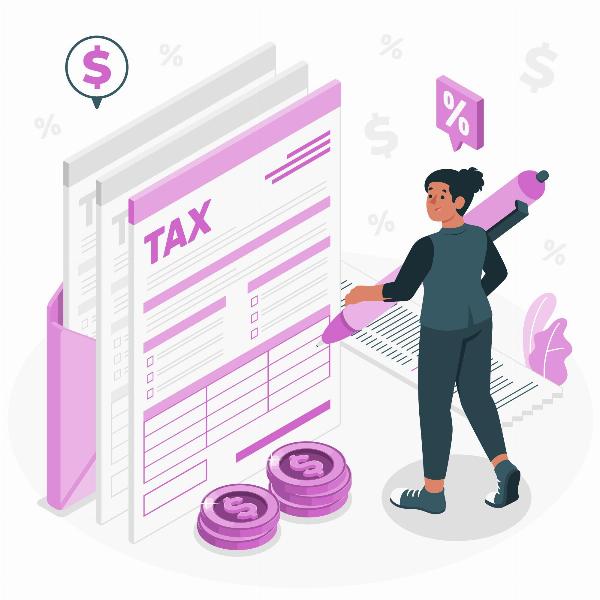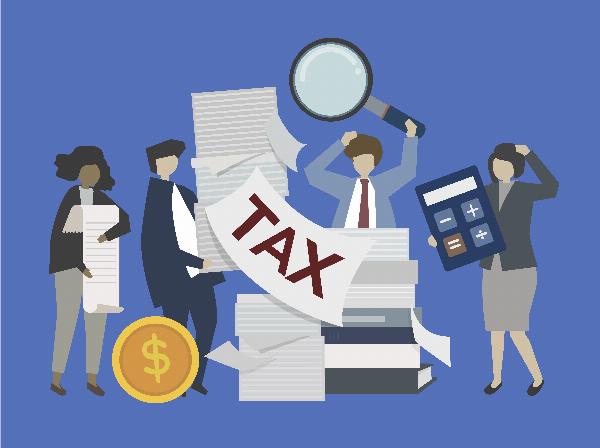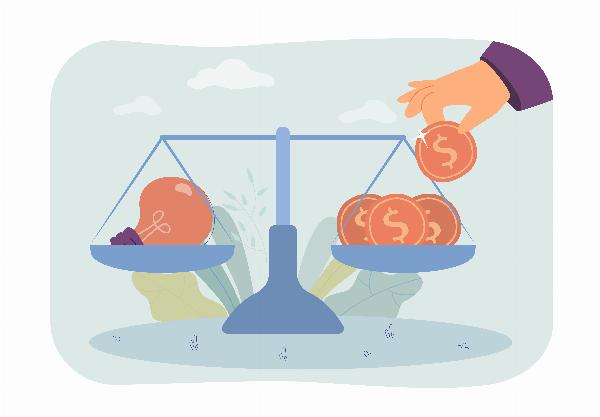The Impact of Professional Tax on Gujarat’s Workforce: Insights and Analysis

Strong8k brings an ultra-HD IPTV experience to your living room and your pocket.
Professional tax is a state-level tax imposed on individuals who earn a living through employment, profession, trade, or other means. In Gujarat, this tax plays a significant role in the state's revenue system and notably impacts the workforce. Understanding how professional tax affects employees and employers in Gujarat is essential for compliance and effective financial planning.
What is Professional Tax?
Professional tax is a direct tax levied by the state government on the income earned by professionals, including employees, self-employed individuals, and businesses. The tax is deducted from employees' salaries by their employers and is paid to the state government. The amount of professional tax varies from state to state in India, and in Gujarat, it is governed by the Gujarat State Tax on Professions, Trades, Callings, and Employments Act, 1976.
Who is Liable to Pay Professional Tax?
In Gujarat, employers and self-employed individuals are liable to pay professional tax.
- Employees: Employers are responsible for deducting professional tax from their employees' salaries and remitting it to the government. This deduction is mandatory for all salaried employees whose monthly salary exceeds ₹5,999.
- Self-Employed Individuals: Self-employed individuals, including freelancers, consultants, and business owners, must register and pay professional tax directly to the state government.
Registration and Compliance
For Employers:
Employers must obtain a Professional Tax Registration Certificate (PTRC) from the Gujarat State Tax Department. This certificate authorizes them to deduct professional tax from their employees' salaries.
Employers must:
- Register within 30 days of employing staff
- Deduct the appropriate amount of professional tax from employees' salaries
- File monthly or annual returns as specified by the state government
- Remit the deducted tax to the state government by the 15th of the following month
For Self-Employed Individuals:
Self-employed individuals must obtain a Professional Tax Enrollment Certificate (PTEC). This certificate is mandatory for individuals in any profession, trade, or calling. They must:
- Register for PTEC within 30 days of starting their profession or business
- Pay professional tax annually, based on their income slab
- File returns as required by the state government
Impact on Employees
The employer deducts professional tax in Gujarat for salaried employees directly from their salaries. This deduction reduces the net take-home pay, which can affect disposable income. Here are some key impacts on employees:
- Reduction in Net Salary: The professional tax deduction will reduce the net salary of employees earning above ₹5,999 per month.
- Tax Deduction Compliance: Employees must ensure that their employers are correctly deducting professional tax and remitting it to the government to avoid legal issues.
- Financial Planning: Understanding the impact of professional tax helps employees better plan and manage their expenses.
Impact on Employers
For employers, compliance with professional tax regulations is crucial. Non-compliance can lead to penalties and legal issues. Here are some impacts on employers:
- Administrative Burden: Employers must maintain accurate records of professional tax deductions and ensure timely remittance to the state government.
- Financial Liability: Employers are liable to pay penalties for late payment or non-compliance with professional tax regulations.
- Employee Relations: Ensuring correct deductions and timely remittance helps maintain good employee relations and avoids disputes.
Benefits of Professional Tax
Despite the tax burden, professional tax has several benefits for both the state and its citizens:
- Revenue Generation: Professional tax is a significant source of revenue for the state government, which is used for public welfare and infrastructure development.
- Tax Compliance Culture: Professional tax promotes a culture of tax compliance and accountability among professionals and businesses.
- Social Welfare Programs: The revenue from the professional tax is often used to fund social welfare programs, healthcare, and education initiatives.
Penalties for Non-Compliance
Non-compliance with professional tax regulations can result in severe penalties for employers and self-employed individuals. These penalties include:
- Late Payment Penalty: A penalty of 2% per month on the outstanding tax amount for late payment.
- Interest: Interest at 18% per annum on the outstanding tax amount.
- Prosecution: In severe cases of non-compliance, the state government may initiate legal action and prosecution.
Filing Professional Tax Returns
Employers and self-employed individuals in Gujarat are required to file professional tax returns periodically. The process involves:
- Monthly Returns: Employers must file monthly returns detailing the professional tax deducted from employees' salaries.
- Annual Returns: Self-employed individuals must file annual returns based on their income slab.
- Online Filing: The Gujarat State Tax Department provides an online portal for conveniently filing professional tax returns.
Professional Tax and Other Taxes
Professional tax in Gujarat is distinct from other taxes, such as income tax and Goods and Services Tax (GST). Here are some differences:
- Income Tax: Income tax is a central tax levied on an individual's income, while professional tax is a state tax levied on income from profession, trade, or employment.
- GST: GST is a tax on the supply of goods and services, whereas professional tax is a tax on income earned from professions and employment.
Exemptions from Professional Tax
Certain categories of individuals are exempt from paying professional tax in Gujarat. These include:
- Senior Citizens: Individuals over 65 are exempt from professional tax.
- Parents of Disabled Children: Parents or guardians of physically or mentally disabled children are exempt.
- Disabled Individuals: Persons with disabilities are exempt from professional tax.
Members of Armed Forces: Members of the Armed Forces, including reservists, are exempt from professional tax.
Professional Tax Reforms and Updates
The Gujarat government periodically reviews and updates professional tax regulations to align with economic changes and ensure effective tax administration. Both employers and self-employed individuals must stay updated with these changes to ensure compliance.
Conclusion
Professional tax in Gujarat plays a critical role in the state's revenue system and impacts both employees and employers. Understanding professional tax structure, compliance requirements, and benefits is essential for effective financial planning and avoiding legal issues. While it reduces the net salary of employees and adds an administrative burden on employers, it also contributes significantly to the state's development and social welfare programs. By staying compliant and informed, employees and employers can navigate the complexities of professional tax in Gujarat effectively.
Note: IndiBlogHub features both user-submitted and editorial content. We do not verify third-party contributions. Read our Disclaimer and Privacy Policyfor details.







